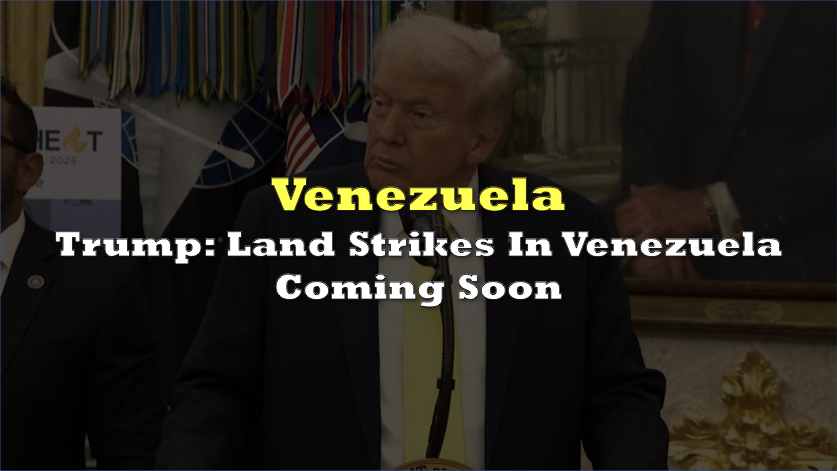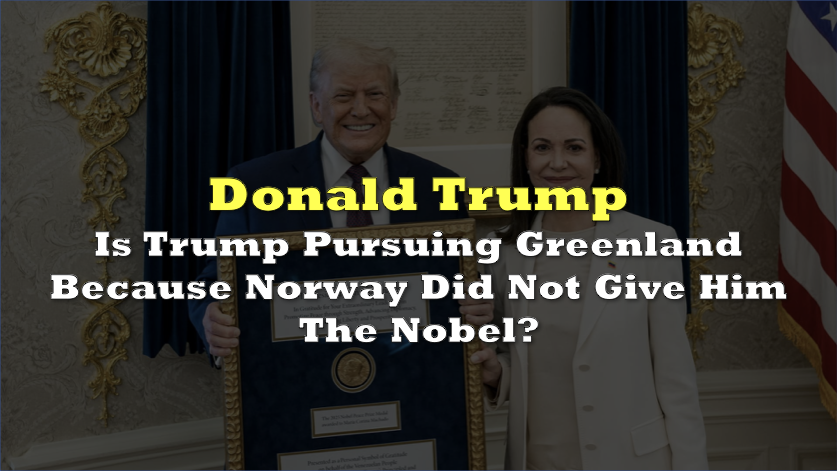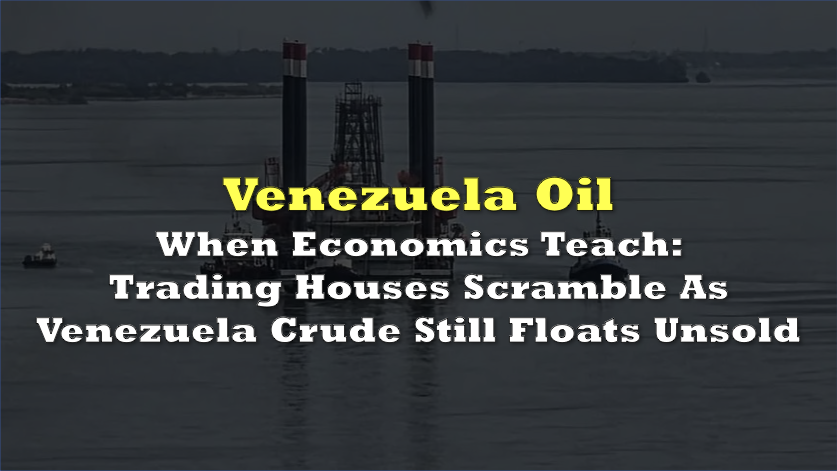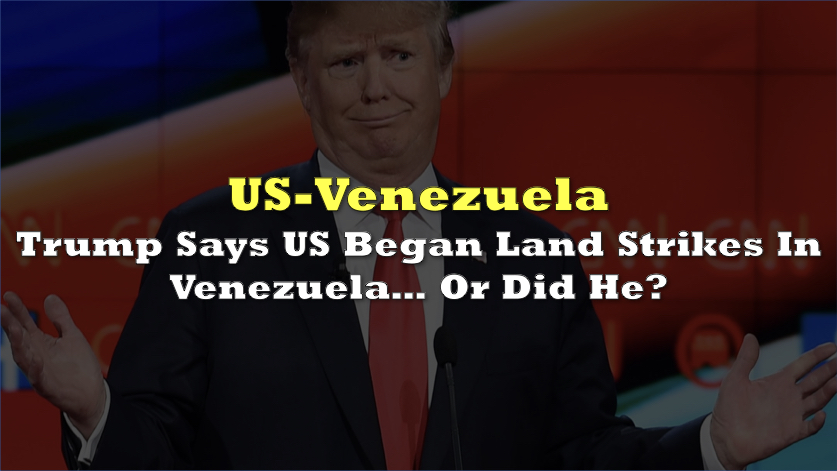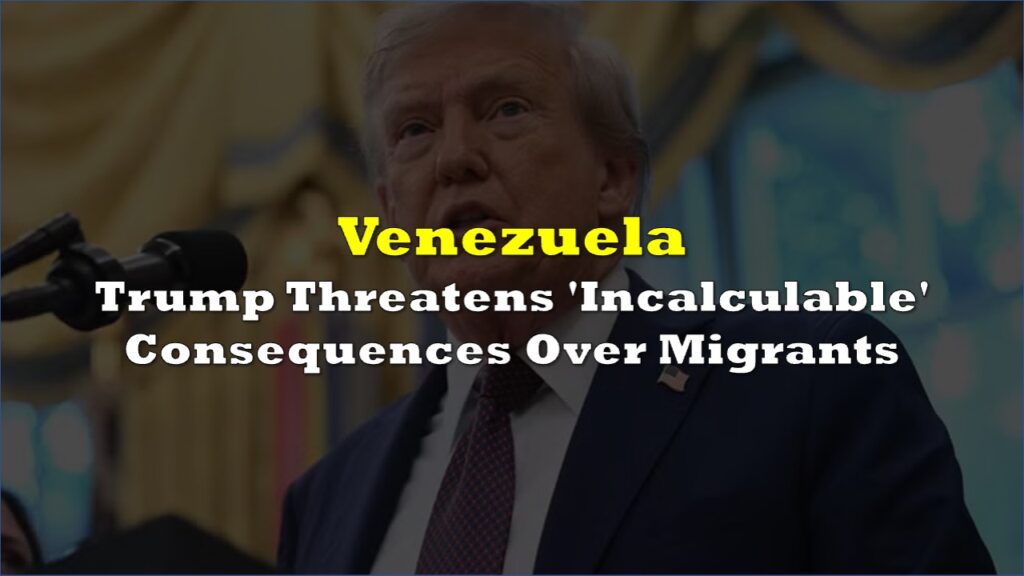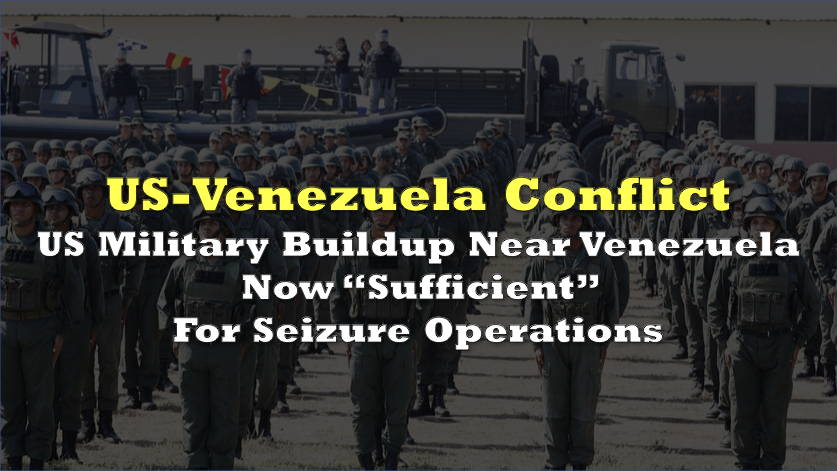President Donald Trump insinuated land strikes in Venezuela could come “soon,” escalating a campaign that already includes CIA covert authority and a major naval deployment in the southern Caribbean.
Trump has already publicly confirmed he had authorized the CIA to conduct covert operations inside Venezuela. The authorization is described as enabling lethal activity and broader covert action against networks Washington links to the President Nicolás Maduro government.
The US leader is now also signaling potential attacks on land targets inside Venezuela. In separate interactions, he suggested he may have to go to Congress, while in other remarks he downplayed the need to seek a war declaration.
📍#UnitedStates / #Venezuela (🇺🇸/🇻🇪)
— SA Defensa (@SA_Defensa) October 22, 2025
President @realDonaldTrump officially announces that they will be notifying Congress about the intent to strike land targets in Venezuela, confirming strikes will begin soon. pic.twitter.com/ZWR9J0SB19 https://t.co/fI86r8pBYf
At sea, open-source reporting and defense officials point to at least seven US Navy warships and one nuclear submarine already in the theater, with some accounts describing a larger armada totaling about ten vessels and several thousand personnel, the biggest build-up in decades for the region.
Since early September, the US has repeatedly struck small boats it says carried narcotics. Reports confirmed six fatalities in one attack, while compiled tallies place total deaths between the high-20s and mid-30s across multiple strikes.
Venezuela has mobilized forces and denounced the US build-up as a threat. Regional states like Colombia has also condemned the boat strikes as unlawful and urged a halt, while separate reports describe rising diplomatic friction and calls for mediation. Earlier, Trump is said he is “not interested” in making peace with Colombian President Gustavo Petro after the former called him a “thug” who is “making a lot of drugs.”
The Trump administration’s stated rationale is to target “narco-terrorists” tied to Caracas, and Washington has a standing reward of up to $50 million for information leading to Maduro’s arrest on drug charges. Yet the Drug Enforcement Administration’s 2024 National Drug Threat Assessment centers the US drug crisis on synthetic opioids and Mexican cartels rather than Venezuela, and several investigations question whether the bombed boats were even bound for the US market.
The idea of removing Maduro by force or covert action has re-entered the discussion debate following the military posturing by the US. Maduro has ruled since April 2013 and was sworn in for a disputed third term in January 2025 after electoral authorities declared him the winner of the July 2024 presidential vote. The US rejected this election result while recognizing opposition candidate Edmundo González as the legitimate winner.
González was fielded by the opposition party after Maduro government barred the leading opposition candidate, María Corina Machado, from participating in the elections. Machado recently won the Nobel Peace Prize 2025.
If Maduro were removed or otherwise became permanently unavailable, Venezuela’s constitution provides that the executive vice president—currently Delcy Rodríguez—assumes as acting president pending a rapid election. However, politically, many governments have treated González as president-elect since 2024.
Information for this story was found via Al Jazeera and the sources and companies mentioned. The author has no securities or affiliations related to the organizations discussed. Not a recommendation to buy or sell. Always do additional research and consult a professional before purchasing a security. The author holds no licenses.

